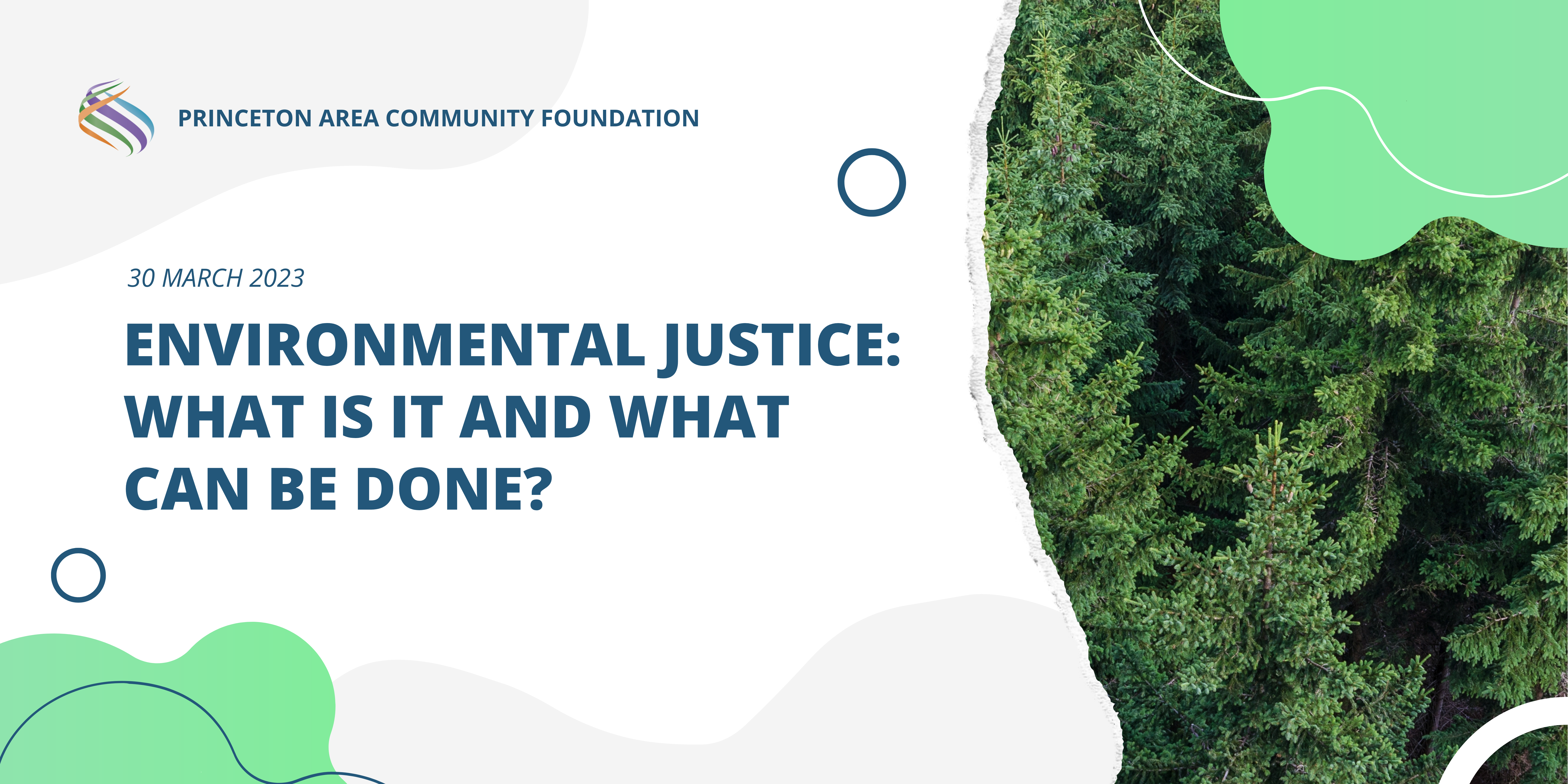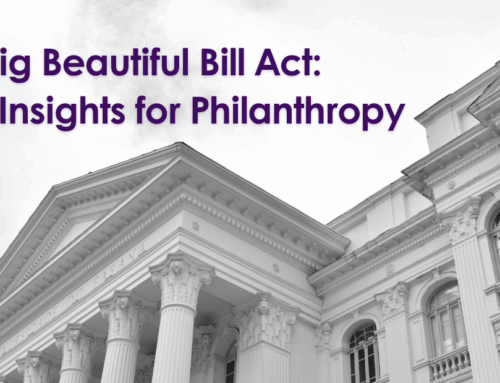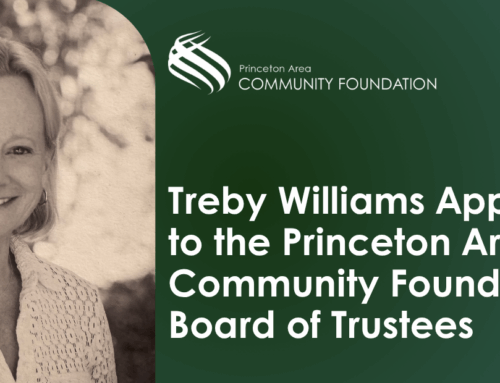How does climate change affect our communities’ most vulnerable residents?
That was among the questions answered when the Princeton Area Community Foundation recently held a webinar about environmental justice, featuring Renata Barnes, Coordinator for Outdoor Equity Alliance, Pri Oliveira, Outreach Specialist for The Watershed Institute, and Bernadette Woods Placky, Chief Meteorologist and Climate Matters Program Director for Climate Central.
Here are eight takeaways from the panelists:
-
- Environmental justice encompasses the outdoors, its benefits and its care in the hands of every person who consumes from it.
- The term “emerging communities” is defined as people who have historically been on the periphery, including people of color, senior citizens and the LGBTQ+ community. The term allows people to have a sense of coming out from under and being self-determining.
- Sea level rise can impact communities that are least equipped to deal with it, affecting everything from residents’ mental health to the areas where they are able to park their vehicles.
- New Jersey is one of the states at highest risk of having affordable housing flooded because of sea level rise. Five New Jersey cities are among the top 20 at risk nationwide: Hoboken, Atlantic City, Penns Grove, Salem and Camden.
- NJ is also one of the most at-risk states for senior citizens to be affected by sea level rise.
- Sea level rise impacts inland communities too – not just those on our coastline. View an interactive display showing how sea level rise caused by global warning could put Trenton at risk.
- Communities with more concrete and fewer trees are warmer, and those communities are often those that were shaped by redlining. Newark is the #2 heat island in the nation, according to Climate Central.
- Increased development and more impervious surfaces leave rain nowhere to go but downstream, leading to flooding, so development in one community can have a negative impact on its neighbors. That’s why the Watershed Institute is working to help people understand how key land use issues can be connected to environmental issues.






